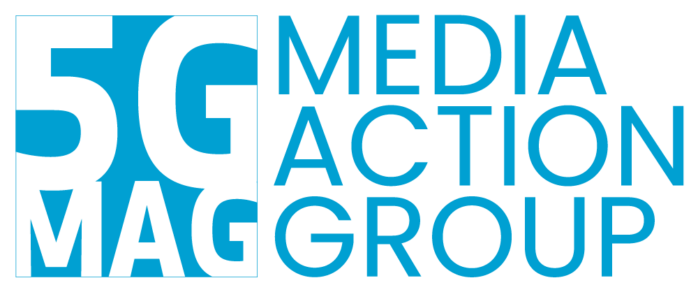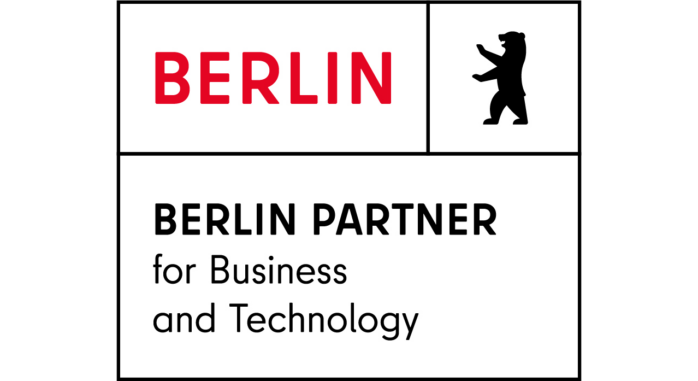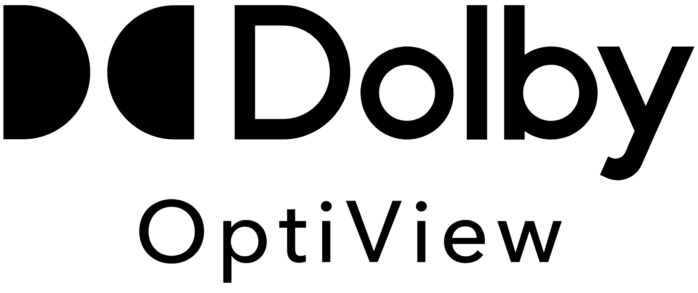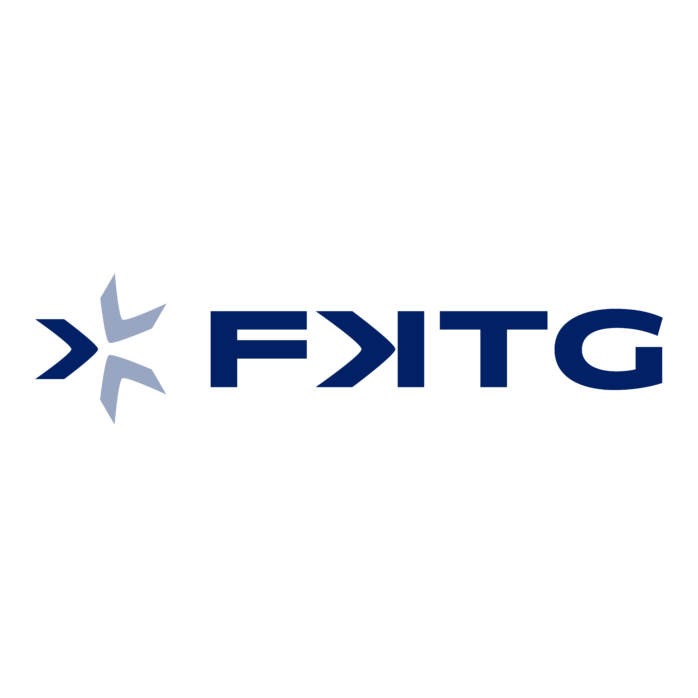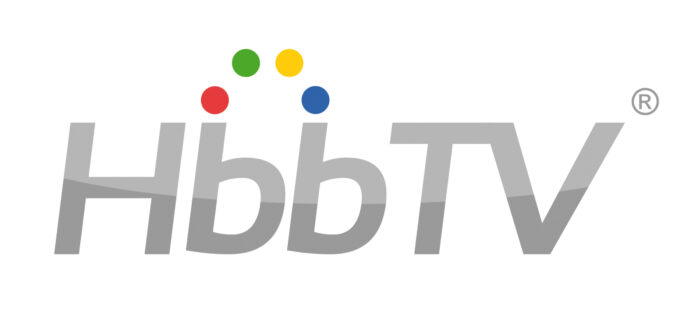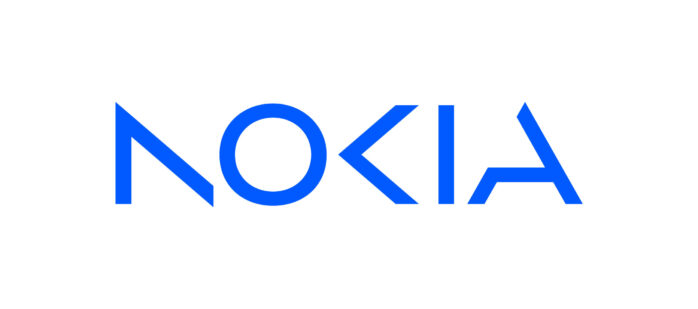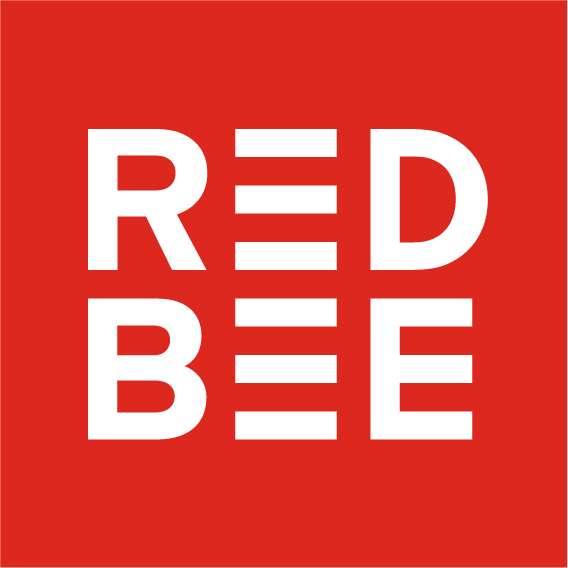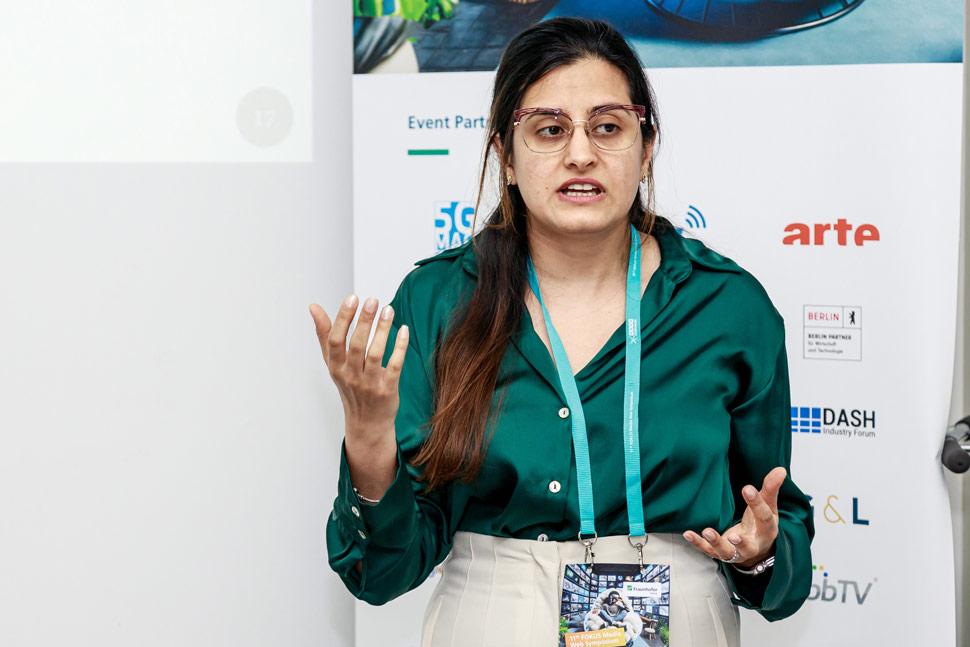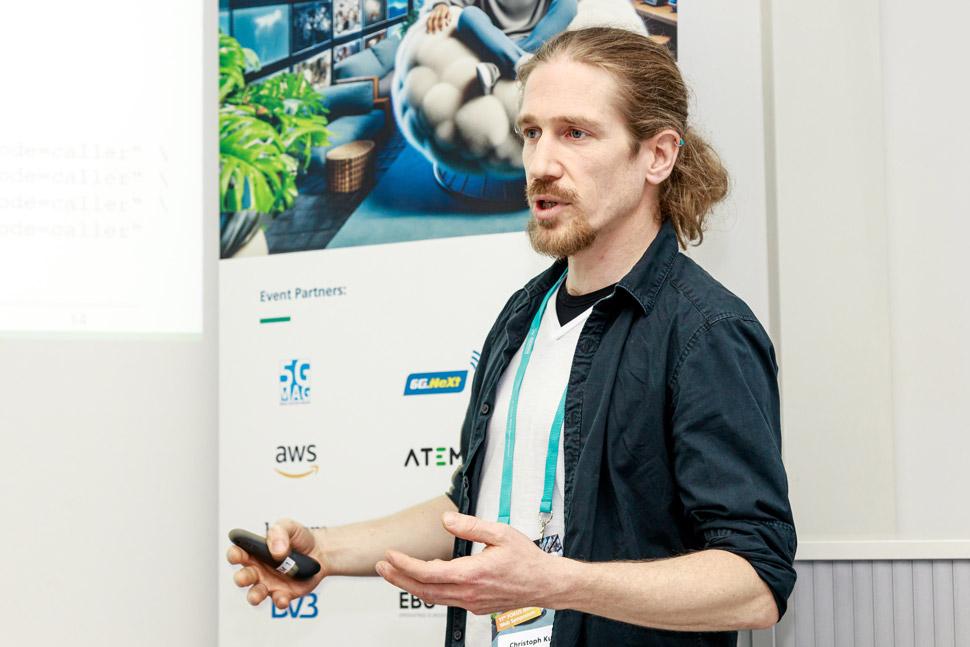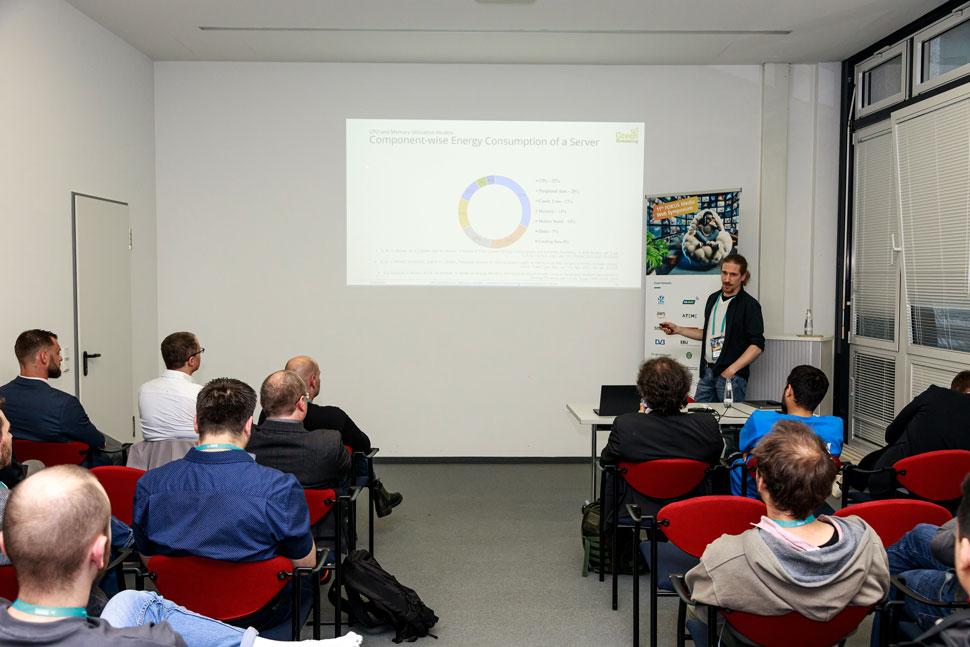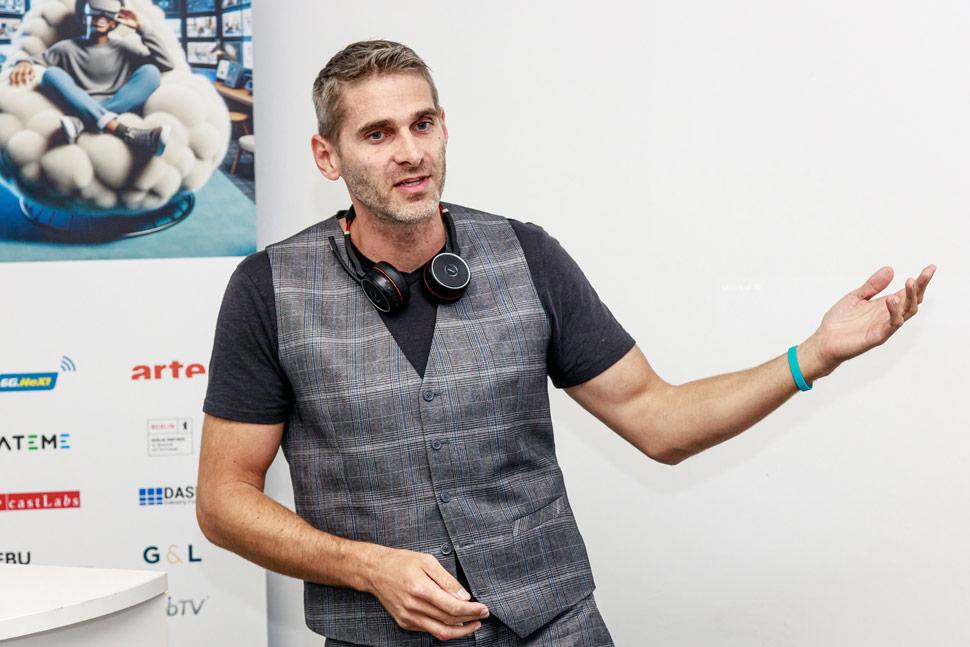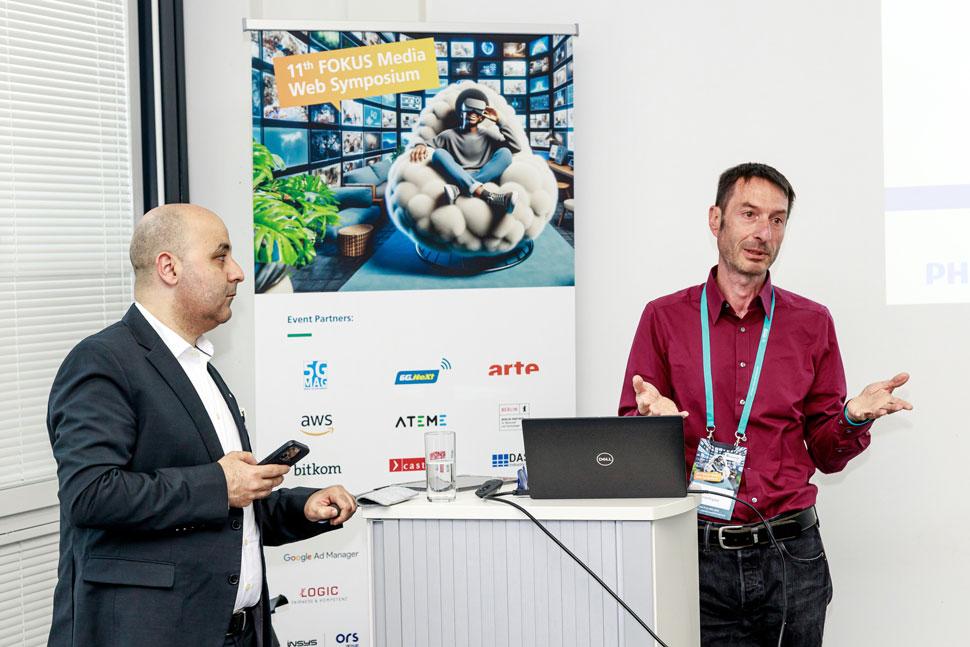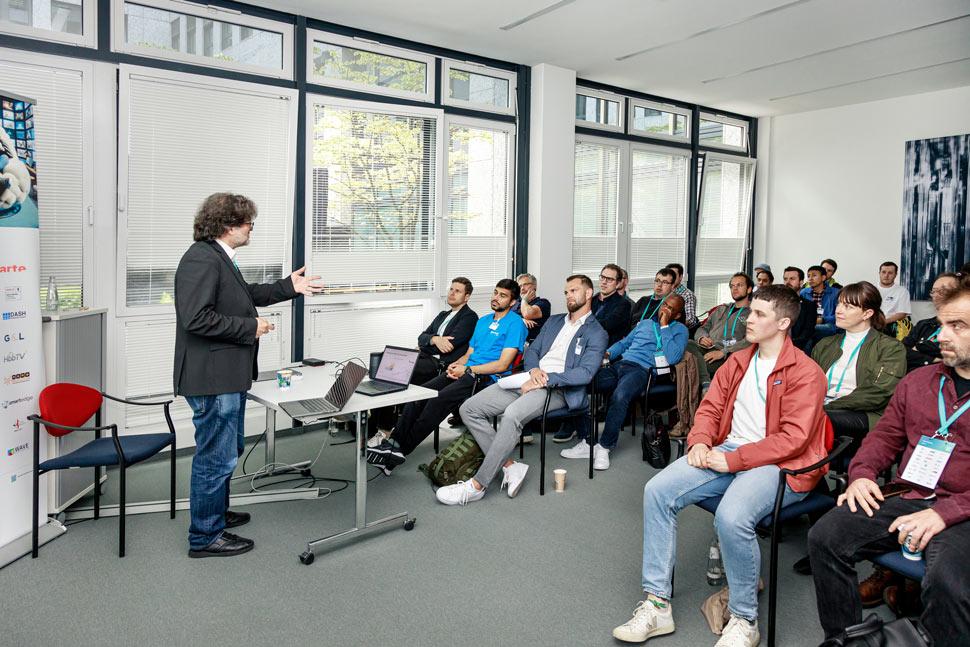12th FOKUS
Media Web Symposium
The 12th FOKUS Media Web Symposium (#FOKUSMWS), held on June 24–25, 2025, in Berlin, Germany, was a blast! Hosted by Fraunhofer FOKUS, the event once again brought together industry leaders and media tech enthusiasts from around the world to explore the latest advancements in Internet-based media delivery.
Over two packed days, participants engaged in insightful tutorials, hands-on workshops, and vibrant exhibitions, followed by in-depth discussions on key trends and business developments in the media technology landscape. Renowned experts shared their perspectives on the future of web and media technologies, sparking valuable conversations and connections.
We received excellent feedback from our participants, partners, and guests, and we’re already looking forward to welcoming our community back in 2026 for the next edition of the FOKUS Media Web Symposium.
Recap
The 11th MWS was a resounding success, reinforcing its position as a premier platform for international technology experts. Attendees departed with fresh perspectives on the future of media delivery and sustainable practices. For details, please see the agenda of the event as well our picture gallery.
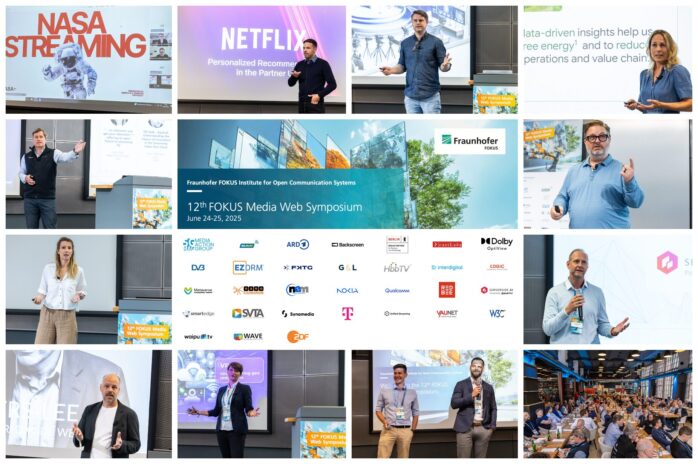
A Recap
The 12th FOKUS Media Web Symposium (MWS) took place in Berlin, Germany, in June 2025. This yearly international conference, hosted by Fraunhofer FOKUS, gathered more than 280 participants from 21 countries to explore the domain of Internet-based media delivery.
Subjects
From content provenance to 5G, sustainable media, virtual worlds, green streaming, ad-tech, and evolving streaming standards—this year’s conversations covered the full spectrum of media tech. But if there was one thread running through it all, it was AI. Whether in production workflows, personalization, energy efficiency, players or infrastructure, AI was everywhere — sparking ideas, debates, and plenty of excitement.
- Streaming advancements focused on low-latency, high-quality delivery using DASH, HLS, and Media over QUIC (MoQ). Innovations like Content Steering, Streaming Analytics, and Quality of Experience monitoring were presented alongside updates to Video Player Tech such as dash.js. Security and rights management were addressed through DRM and C2PA. The role of Edge and Cloud Processing in scalable delivery was explored, as well as real-time optimization using Common Media Client Data. The integration of open standards and tools reflects a shift toward more interoperable and adaptive streaming ecosystems.View Program
Advanced Media and Advertising
This theme explored the convergence of HbbTV, Addressable TV, and Dynamic Ad Insertion/Substitution to enable personalized and monetized broadcast experiences. Programmatic Advertisement was discussed as a key driver of real-time targeting. Immersive technologies like XR, Holo Conferencing, and the Metaverse expanded the scope of media interaction. The role of Media Delivery in 5G/6G was emphasized for supporting low-latency, high-bandwidth services. Spatial computing platforms and volumetric video demonstrated how media is becoming increasingly interactive and seamlessly integrated across physical and digital environments.View ProgramContent Provenance & Sustainable Media
This theme addressed the dual challenge of Content Provenance and Authenticity and environmental sustainability. Open standards like C2PA were presented for verifying media origin and integrity. In parallel, Green Streaming and Energy-conscious Encoding were explored to reduce environmental impact. The use of Green Digital Twins for Media Workflows enabled simulation and optimization of energy efficiency. Additional topics included Energy-efficient Media Player, Green Content Steering, Sustainable Media Consumption, and Energy-efficient Media Infrastructure. The discussions emphasized aligning innovation with ecological responsibility.View ProgramAI-Driven Media Technologies
The symposium highlighted how Generative AI and Large Language Models (LLMs) are transforming media workflows. Applications included AI-based media solutions for content creation, content analysis, and metadata enrichment. Attendees explored AI-based media encoding and advanced streaming analytics to optimize delivery and user experience. Use cases ranged from retrieval-augmented generation (RAG) to vision-language models and intelligent assistants. The importance of securing authenticity in AI-generated content was addressed through C2PA. Discussions also emphasized the need for AI literacy and introduced the concept of the “agentic web,” where autonomous agents interact with digital environments. This theme underscored AI’s growing role in shaping intelligent, adaptive, and trustworthy media ecosystems.View Program
Our Partners
We proudly present our partners and sponsors of the 12th FOKUS Media Web Symposium. Thank you for the great support and cooperation. You help to make the #FOKUSMWS what it is.
If you are interested in participating as a partner or sponsor, feel free to contact us. We look forward to hear from you!
Voices
Hear from our partners and attendees: Your feedback drives us!
Contact Persons
The Media Web Symposium is hosted by the Team of Fraunhofer FOKUS' Business Unit Future Applications and Media (FAME). See here for more Information about FOKUS FAME.
If you are interested or have questions about the FOKUS Media Web Symposium, please contact us by email. We look forward to hearing from you.
Venue
Situated in Berlin’s vibrant Charlottenburg district, the Fraunhofer FOKUS provides an inspiring environment, ideal for groundbreaking discussions and networking opportunities.
- Fraunhofer-Institute for Open Communications Systems - FOKUS
Kaiserin-Augusta-Allee 31
10589 Berlin
Germany

| © Paul Hahn / Fraunhofer FOKUS 
| © Paul Hahn / Fraunhofer FOKUS 
| © Paul Hahn / Fraunhofer FOKUS 
| © Paul Hahn / Fraunhofer FOKUS 
| © Paul Hahn / Fraunhofer FOKUS 
| © Paul Hahn / Fraunhofer FOKUS
